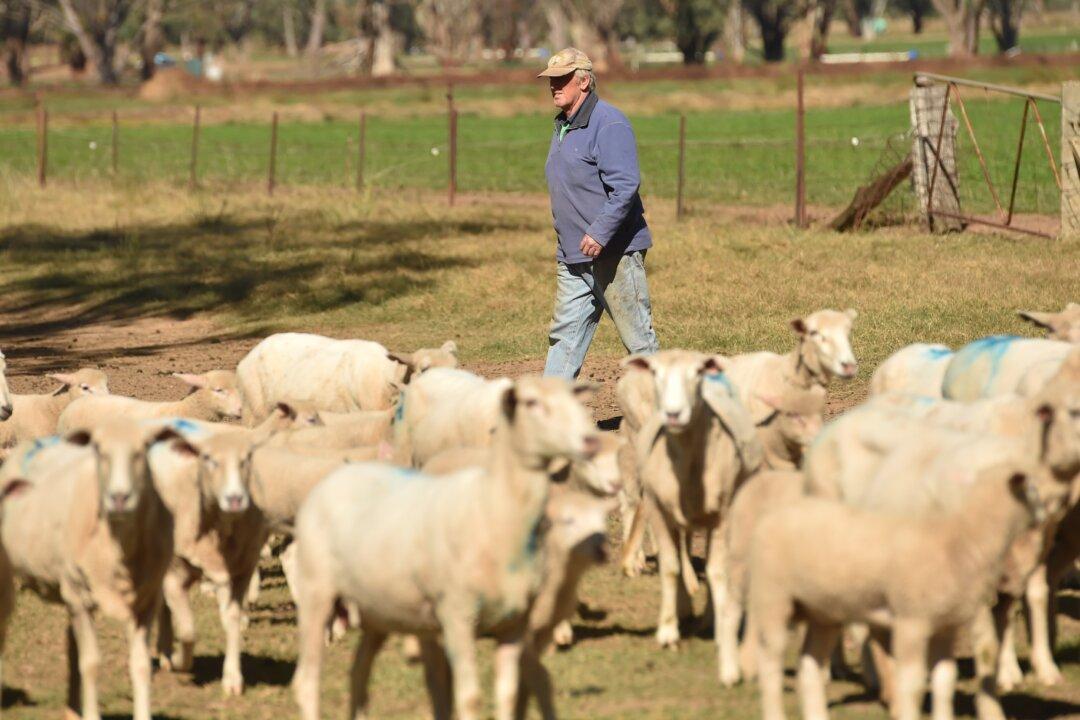Farm Safety Week, which runs from July 18-24, aims to address issues on Australian farms that will reduce workplace injury and fatalities—particularly as farmers work to overcome the impacts of the COVID-19 pandemic.
Themed “Recipe for Averting Disaster,” Farmsafe Australia will focus on the intangible risks and hazards that make Australian farms “one of the most dangerous work environments,” according to Farmsafe Australia.





